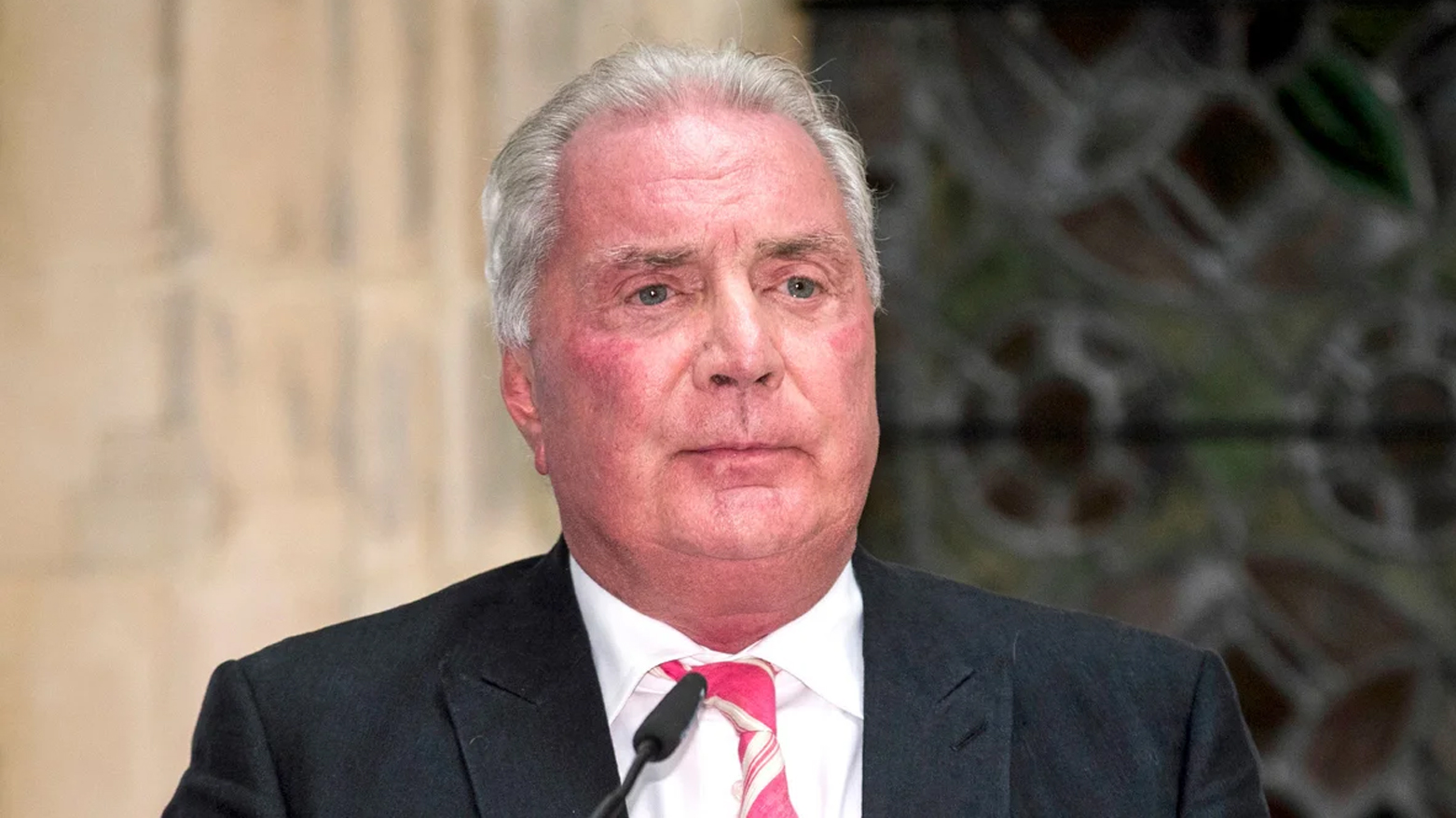Republican Strategist Credits Trump for Repairing U.S.-Kurdish Relations
“I think that Kurdistan can be a very close ally in the United States’ efforts over there. Peace is always an interest. The more cooperation, the more peace, and the more help that we can give economically, militarily—whatever it takes—to keep peace in the Middle East.” said Dornan.

By Ahora Qadi
ERBIL (Kurdistan24) – Veteran Republican strategist Jim Dornan has hailed Prime Minister Masrour Barzani’s visit to Washington as a “very positive step” for U.S. foreign policy and a symbol of the Kurdistan Region’s growing strategic importance in the Middle East.
Speaking in an exclusive interview with Kurdistan24, Dornan said: “I think it's a positive step. I mean, Kurds were instrumental in helping the United States defeat ISIS. I think that the agreements with the United State are telling Iraq that they need to respect the Kurds as well, and I think it's a very positive step for peace in the Middle East, to be honest with you.”
Kurds as a Cornerstone of U.S. Middle East Strategy
Dornan emphasized the evolving U.S. approach to the Kurds under President Donald Trump’s administration, noting an important shift in Washington’s tone.
“I think President Trump, after initially, in my opinion, making the mistake of cutting off the Kurds, has now brought them into the fold—and appreciation and thanks for the strong friendship the United States has had with them,” he stated.
Referring to the regional impact of this alignment, Dornan added: “They're proving this to the Middle East—not only the Iraqis, but the Turks as well—and I think it's a very positive step forward.”
A Path Toward Lasting Peace
Asked about the long-term implications of this alliance, Dornan said: “By continuing the cooperation with the Kurds, absolutely… Tell both the Iraqis, the Syrians and their new government, as well as the Turks, that the Kurds are an integral part of the process in the Middle East, and they are our allies and should be considered such by all three governments.”
He acknowledged the complexities of diplomacy in the region: “Peace in the Middle East always is [a slow process], but I think those small steps will lead to much greater things in the future.”
Trump’s Vision: Deals and Legacy
Reflecting on President Trump’s broader foreign policy goals, Dornan noted: “Trump is a dealmaker. He wrote a book called The Art of the Deal. And so he is looking always for economic opportunities for the United States overseas, and I think he treats those relationships very strongly and very closely—and he will defend them overseas as well.”
Highlighting the significance of this in Trump’s second and final term, Dornan explained: “He wants to look at a legacy. And one of those legacies, I believe he wants, is peace in the Middle East. And this is one of many steps that he is taking toward that goal.”
Kurdish Leverage and Constitutional Stability in Iraq
Dornan believes the U.S. remains pivotal in ensuring Iraq adheres to its constitutional obligations toward the Kurds. “Iraq, in a way, you could say, kind of needs us over there to help defend their constitution. And I think that part of that means agreeing with us on a number of issues, including their relationship with the Kurds.”
“In Congress, in both the White House and the Senate, I think Kurdistan has—or Kurds have—a very strong ally within the Trump administration. So I think that that will continue to move forward in a very positive manner.”
He continued, “Federalism and democracy do not occur overnight, especially in places where there have been problems in the past. It’s a long process. We [the U.S.] can be a guide, a help, and an influence to the extent that the Iraqis will allow us.”
A Long-Term Alliance
Dornan concluded the interview by reiterating his confidence in the durability of the U.S.-Kurdistan partnership: “I think that Kurdistan can be a very close ally in the United States’ efforts over there. Peace is always an interest. The more cooperation, the more peace, and the more help that we can give economically, militarily—whatever it takes—to keep peace in the Middle East.”
He said, “I think you'll see closer and closer cooperation between the U.S. and the Kurds. This is a first step, and I think it will continue.”
Comparing it to other symbolic policy decisions, Dornan remarked: “Just as the U.S. opening their embassy in Jerusalem, I think that this also is a very symbolic step on how the United States feels about the future of its relationship with the Kurdish people.”
“This is a very positive step that will keep the Kurds and the U.S. very close allies long into the future,” he concluded.